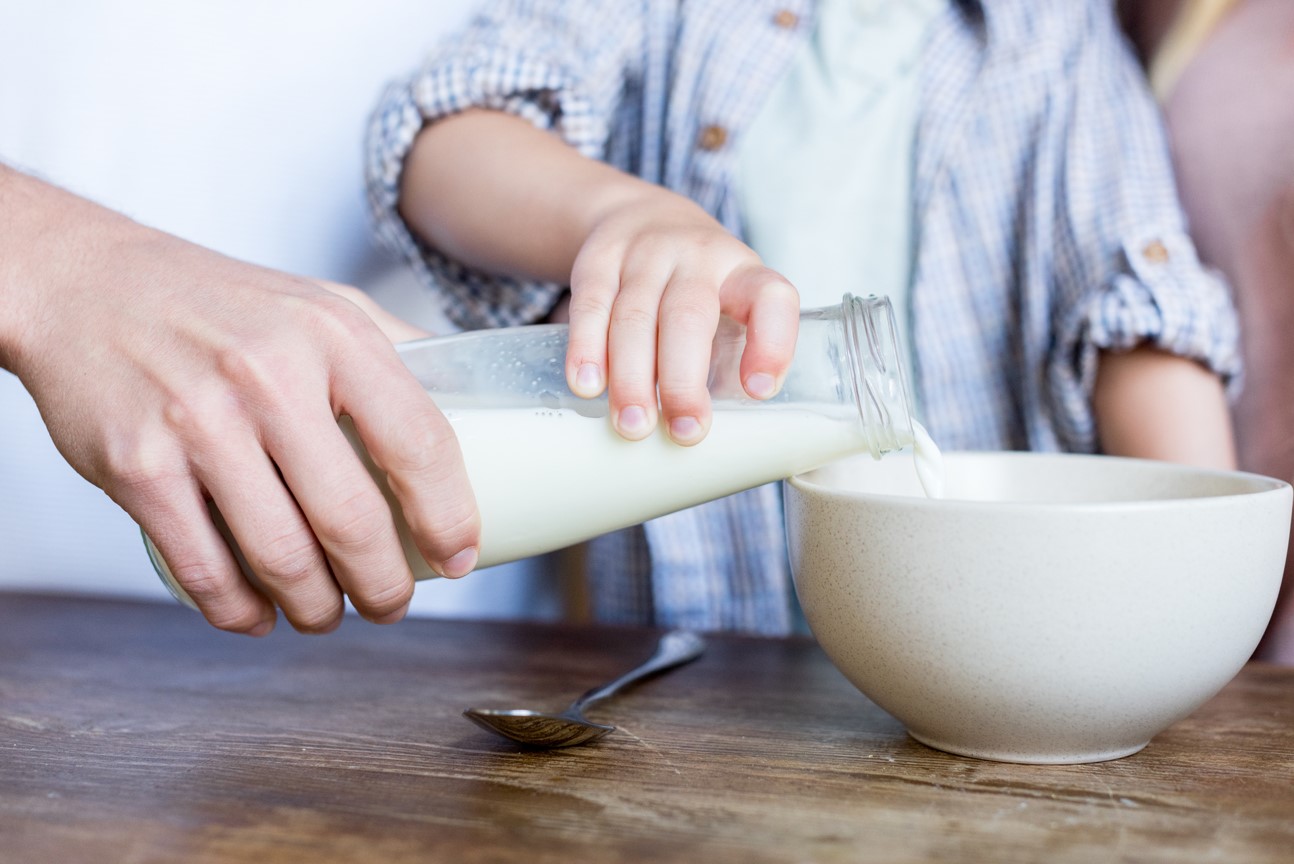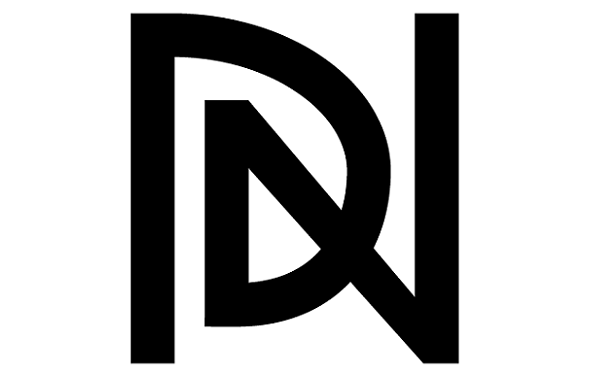JP
EN
for 2021 DEMOLA HOKKAIDO
SEASON 3rd

-地球と親和性の高い酪農の姿を描く- 酪農のリジェネラティヴ・デザイン
-A Picture of Dairy Farming with High Affinity to the Earth- Regenerative Design in Dairy Farming
PARTNER

株式会社デプロイネイチャー
Deploy Nature Inc.

PARTNER
株式会社デプロイネイチャー
Deploy Nature Inc.
The Brief
酪農から世界の風景を変えていく、新たな挑戦をしてみませんか?
酪農は、牛や羊などを飼い、乳やその加工品を作り消費者に届ける産業です。一説によると新石器時代には誕生していたとされる酪農は、人間を支えるシステムとして日本をはじめ多くの国と地域で共栄してきました。その一方で、昨今当たり前の考えとなっている「人間・社会・地球環境の持続可能な発展」を意味する“サステナブル”を捉えたときに、酪農は危機的な状況にあると言えます。酪農の過程で生まれる過剰な糞尿による水質汚染や温室効果ガスによる地球温暖化の促進、動物福祉の問題や働き手の減少なども持続可能性の危機に拍車をかけています。一方で、酪農には地方の人口減少を抑え都市への一極集中を抑える働きや、牛が木の枝葉や牧草を食べることで、牛乳などの美味しいタンパク質に作り変え、栄養素を循環させる役割も担っています。人間がこれからも地球と調和しながら暮らすために、酪農はどのように変化する必要があるのでしょうか。
未来の酪農の理想的な姿を描き、人も資源も循環させ地球環境に寄与しながら、生態系全体を繁栄させていくために。酪農におけるプロセス全体を、改めてデザインしましょう。持続可能性を超えて、地球システムに付加価値を加え、共に発展していくようなリジェネラティブ(地球再生的)な酪農の姿が、そこにはきっとあるはずです。
Category
【Environment & Earth Resources】
*DEMOLA Global HPにてテーマを探す際に使用してください
The Background
2021年8月に設立した株式会社デプロイネイチャーは、酪農に関わるサービスや製造販売を中心に事業を展開しているスタートアップ企業(今までにないイノベーションを起こし短期間で新しいビジネスモデルを構築していく企業のこと)です。「世界の酪農をサステナブルに」をビジョンに掲げ、酪農を誰もが憧れる職業にするために、様々な事業に取り組んでいます。例えば、乳製品開発ではグラスフェッドミルク(牧草を食べて育った牛から絞った牛乳)を使用したソフトクリームの販売を行い、チーズやバターなどの加工品の製造にも取り組む予定です。また、メインファームの萩原牧場を中心に牧場運営の受託や人材育成、効率化なども行っています。さらに、代表の山田はエンジニアであり、テクノロジーを活用した酪農DX(デジタルトランスフォーメーション)にも積極的に取り組んでいきます。健康に良い高品質の酪農製品を適正価格で販売するカルチャーを日本に根付かせるとともに、テクノロジーを使って酪農の生産性を上げることで、酪農を持続可能な産業に転換するビジネスを展開します。22世紀になっても、酪農が地球と親和しながら続いていくために、酪農の新しい常識を創り上げていきたいと思います。
The Challenge
ここ数年で「SDGs」や「サステナブル」は、私たちの生活にすっかり馴染みある言葉になりました。その一方で、サステナブルというキーワードを捉えたときに、酪農は現在、危機的な状況であると言われています。例えば、牛のゲップやおならには温室効果の高いメタンガスが含まれており、酪農の過程で大量の温室効果ガスを生み出すことから、地球温暖化を引き起こしていると言われています。さらに、働き手の確保においても過疎化の影響を大きく受けることや、他産業との奪い合いが激化していることなどを受け、人手不足が際立っています。また、就業したとしても、そのノウハウは、属人的で経験や勘によるものが多いことから、人材育成という観点からもサステナブルとは言えない状況が続いています。さらに、日本の酪農における構造的な問題も挙げられます。酪農家により生産された生乳は、そのエリアの指定団体によってまとめて集められ、指定団体が複数の乳業メーカーに販売を行います。乳価(生乳の価格)は、乳業メーカーと指定団体との間での合意によって決められ、国の政策の影響を大きく受ける側面もあります。酪農家の生活を守る構造である反面、生乳自体の品質などで差別化が難しく、類似商品が数多く店頭に並ぶようなデメリットも生んでいます。
加えて、消費者のニーズは変化しており、牛乳の消費量が減る一方で、培養肉や植物性ミルク(豆乳、アーモンドミルク、オートミルク、ライスミルク、ピーナッツミルクなど)の開発が急激に進行し、ヴィーガンやベジタリアンといった思想も増えてきています。
このような状況下において酪農は、大量生産大量消費の時代のままのバリューチェーン(原材料の生産・調達から顧客に届けるまでの複数の価値創造の連鎖構造)で良いのでしょうか。未来の日本の酪農、世界の酪農の理想的な姿とはどういう状態でしょうか。仮に自分が酪農を仕事とするなら、どういう状態であれば進んで酪農を仕事にしたいと思えるでしょうか。理想の未来を描いたうえで、生産から消費までのどのプロセスのどこをどのように変えていくことが必要なのか。人も資源も循環させ地球環境を再生させ繁栄させていくようなリジェネラティブな酪農を一緒に考えましょう。
Schedules
<2021年度 第3回 DEMOLA HOKKAIDO の日程>
(Schedule for 2021_3rd DEMOLA HOKKAIDO)
● 10/23(10:00-17:00): Kick off event
● 10/30 (10:00-17:00) :Workshop
● 11/13 (10:00-17:00) :Workshop
● 11/27 (13:00-17:00) ::発表練習会 Demonstration Practice
● 12/11 (13:00-17:00) :最終発表会 + ネットワーキング Final Demonstration + Networking
*上記の他に1回/週程度のチームミーティングがあります。
* In addition to the above schedule, there will be a team meeting once a week.
The Brief
Why don't you take on a new challenge to change the landscape of the world through dairy farming?
Dairy farming is an industry in which cows and sheep are raised and milk and its processed products are produced and delivered to consumers. According to one theory, dairy farming has been around since the Neolithic Age, and has prospered in Japan and many other countries and regions as a system that supports humans. On the other hand, dairy farming is in a critical situation when we consider "sustainable", which means "sustainable development of humans, society and the global environment", a concept that has become commonplace these days. Water pollution due to excessive manure produced in the process of dairy farming, accelerated global warming due to greenhouse gases, animal welfare issues, and decreasing number of workers are all adding to the crisis of sustainability. On the other hand, dairy farming has a role to play in reducing the population decline in rural areas and the concentration of people in cities, and it also plays a role in the circulation of nutrients as cows eat tree branches, leaves and grasses, which are converted into delicious proteins such as milk. How does dairy farming need to change in order for humans to continue to live in harmony with the earth?
How do we envision the ideal dairy farming of the future, so that the entire ecosystem can thrive while contributing to the global environment by recycling both people and resources? Let's redesign the entire process in dairy farming. There must be a regenerative dairy that goes beyond sustainability, that adds value to the global system, and that develops together.
Category
【Environment & Earth Resources】
*Please use it to search for themes on DEMOLA Global HP.
The Background
Established in August 2021, Deploy Nature is a start-up company (a company that creates a new business model in a short period of time by innovating in a way that has never been done before) that focuses on dairy-related services and manufacturing and sales. With the vision of "making the world's dairy farming sustainable", we are working on various projects to make dairy farming a profession that everyone can aspire to. For example, in the area of dairy product development, we are selling soft-serve ice cream made from grass-fed milk (milk from grass-fed cows), and we are also planning to produce processed products such as cheese and butter. We are also engaged in farm management on consignment, human resource development, and efficiency improvement, mainly through our main farm, Hagiwara Farm. Furthermore, our CEO Yamada is an engineer, and we will be actively involved in dairy farming DX (Digital Transformation) using technology. In order for dairy farming to continue in harmony with the earth in the 22nd century, we want to create a new common sense in dairy farming. We would like to create a new common sense in dairy farming.
The Challenge
In the past few years, "SDGs" and "sustainable" have become words that we are all familiar with in our daily lives. On the other hand, dairy farming is now said to be in a critical situation when the keyword "sustainable" is taken into consideration. For example, cow burps and farts contain methane gas, which has a high greenhouse effect, and the process of dairy farming produces a large amount of greenhouse gas, which is said to be causing global warming. In addition, the shortage of workers is also noticeable due to the depopulation and the intensifying competition with other industries for workers. Even if people do get jobs, their know-how is still not sustainable from the perspective of human resource development since it is largely dependent on experience and intuition. In addition, there are structural problems in dairy farming in Japan. Raw milk produced by dairy farmers is collected together by a designated organization in the area, which sells it to several dairy manufacturers. The price of raw milk is determined by an agreement between the dairy manufacturers and the designated organization and is greatly influenced by the government policy. While this structure protects the livelihood of dairy farmers, it also makes it difficult to differentiate the quality of the raw milk itself and creates disadvantages such as the large number of similar products on store shelves.
In addition, consumer needs are changing. While milk consumption is decreasing, cultured meat and plant-based milk (soy milk, almond milk, oat milk, rice milk, peanut milk, etc.) are rapidly being developed, and vegan and vegetarian ideas are increasing.
Under these circumstances, can dairy farming continue with the value chain (chain structure of multiple value creation from production and procurement of raw materials to delivery to customers) as it was in the era of mass production and mass consumption? What would be the ideal state of dairy farming in Japan and the world in the future? If you were to work in dairy farming, what kind of situation would make you want to work in dairy farming? After envisioning the ideal future, which part of the process from production to consumption needs to be changed and how? Let's think together about a regenerative dairy farming that recycles people and resources for the earth.
Schedules
in Japan time
● 10/23(10:00-17:00) :Kick-off event
● 10/30 (10:00-17:00) :Workshop
● 11/13 (10:00-17:00) :Workshop
● 11/27 (13:00-17:00) : Demonstration Practice
● 12/11 (13:00-17:00) :Final Demonstration + Networking
* In addition to the above schedule, there will be a team meeting once a week.